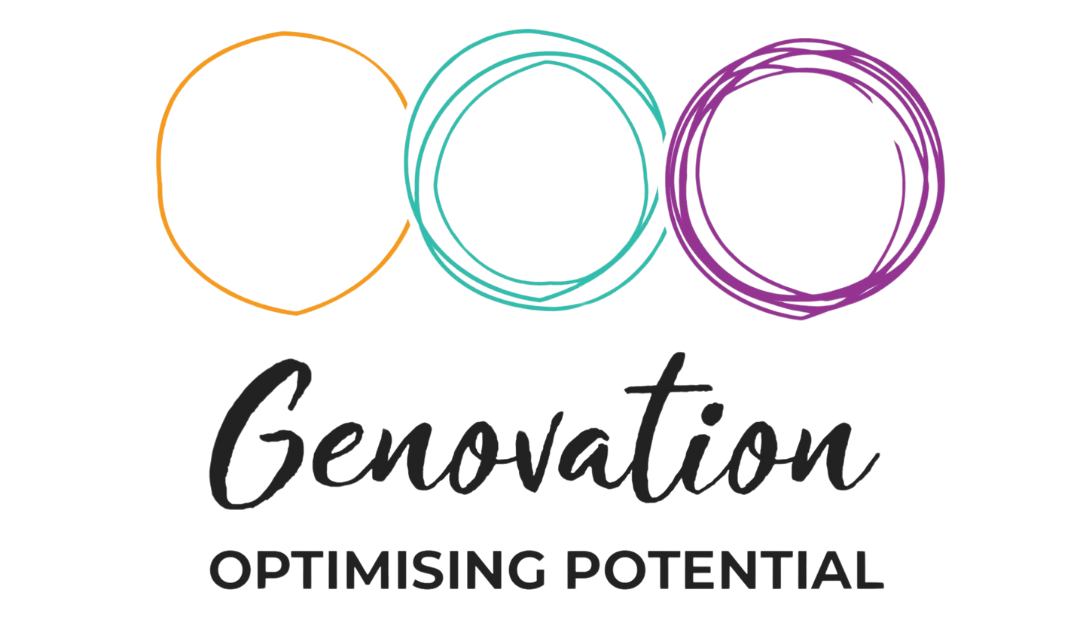Giuliana Talks Hydrotherapy for Young Adults (NDIS Support)
Hydrotherapy is a fun, low-impact way for young adults with additional needs to build strength, confidence, and mobility. The warm water makes movement easier.
And it’s a great way to stay active without putting too much strain on joints and muscles.
Giuliana, an expert in NDIS services and disability support, shares why hydrotherapy is such a great option and how the NDIS can help cover the costs.
Question 1: What Makes Hydrotherapy So Special?
Unlike regular physiotherapy, hydrotherapy happens in warm water, which takes the pressure off your body and makes movement easier.
The water helps support you, making exercises feel smoother and more comfortable. It’s a great way to build strength, improve balance, and work on mobility while having fun.
Question 2: How Does Hydrotherapy Help Young Adults?
I want to know more about Hydrotherapy in my areaHydrotherapy is amazing for improving movement, reducing pain, and even boosting confidence. Many young adults feel more relaxed in water, which can help with stress and anxiety.
It’s also a fantastic way to work on muscle strength and flexibility without the impact of traditional exercise.
Question 3: Who Benefits Most from Hydrotherapy?
Anyone can benefit, but it’s especially great for young adults with conditions like cerebral palsy, autism, muscular dystrophy, spinal cord injuries, and chronic pain.
It’s also perfect for anyone who struggles with stiffness, coordination, or mobility challenges.
Question 4: Can the NDIS Cover Hydrotherapy?
Yes! Hydrotherapy is funded under the Capacity Building – Improved Daily Living category. This means the NDIS can cover sessions with a physiotherapist or exercise physiologist in the water.
If you’re interested, make sure hydrotherapy is included in your NDIS plan.
Question 5: How Do You Get Hydrotherapy Approved in an NDIS Plan?
To get funding, you’ll need a recommendation from a physiotherapist or occupational therapist. They’ll explain how hydrotherapy can improve independence and mobility.
Keeping track of progress can also help when applying for continued funding.
Question 6: What Should You Look for in a Hydrotherapy Provider?
Find a provider with experienced physiotherapists or exercise physiologists who specialise in disability support. Look for warm, accessible pools, trained staff, and programs designed to fit different ability levels.
Question 7: How Does Hydrotherapy Help with Social Confidence?
Hydrotherapy isn’t just about exercise—it’s also a fantastic way to meet people.
Many young adults join group sessions where they can build friendships, practice social skills, and gain confidence in a supportive environment.
Question 8: How Often Should Someone Do Hydrotherapy?
It depends on individual goals, but most people find weekly or twice-weekly sessions work best. Regular sessions help build strength, improve coordination, and increase confidence in movement.
Sticking with it over time leads to the best results.
Question 9: What Are Some Common Myths About Hydrotherapy?
One myth is that hydrotherapy is just swimming, but it’s actually a structured therapy program tailored to each person’s needs.
Another misconception is that it’s only for people with severe mobility issues - when in reality, hydrotherapy benefits anyone who wants to improve movement, flexibility, and confidence.
Practical Tips for Getting Started
Giuliana suggests starting with shorter sessions to get comfortable in the water. Flotation devices can help with safety, and working with a trusted therapist makes the experience both fun and effective.
Keeping track of small improvements also helps when applying for ongoing NDIS support.
Advice for Parents and Carers
Encourage progress over perfection! Small improvements in strength, balance, and confidence make a big difference over time. The key is consistency, patience, and finding a provider that makes the sessions enjoyable.
A good hydrotherapy experience should feel more like a fun activity than a therapy session
Let Giuliana Make It Happen for Your Family
Finding the right hydrotherapy program and understanding NDIS funding doesn’t have to be stressful. If you’re looking for support, chat with Giuliana today to explore options and get started with hydrotherapy

